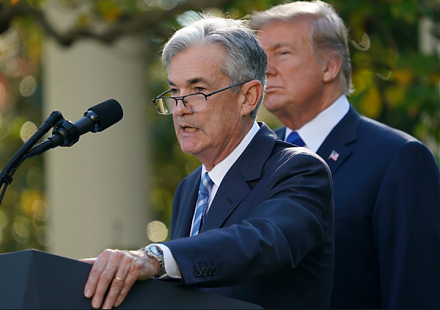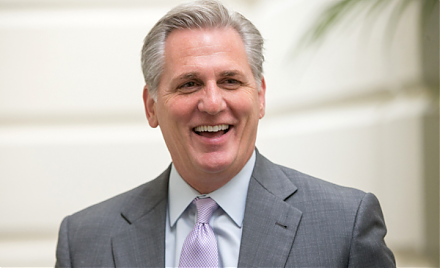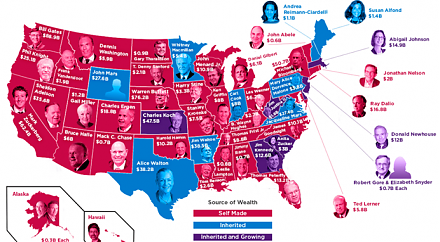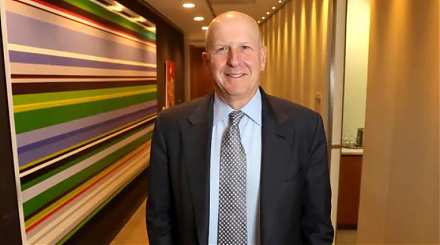

2019-01-05 11:39:00 Sat ET
treasury deficit debt employment inflation interest rate macrofinance fiscal stimulus economic growth fiscal budget public finance treasury bond treasury yield sovereign debt sovereign wealth fund tax cuts government expenditures
Reuters polls show that most Americans blame President Trump for the recent U.S. government shutdown. President Trump remains adamant about having to shut down the U.S. government in order to acquire at least $5 billion public finance for the southern border wall. This border security tax helps fulfill one of his presidential campaign promises on U.S. immigration, which has long been a major source of diverse vitality for the American dream.
The Trump intransigence is illustrative of his wider political philosophy, which often hinges on performing for the Republican base (rather than gauging the key popular mood of the whole country). The rapid rise of President Trump has been the natural result of his inclination toward *political tribalism*. This tribalism often leads Trump to design policies in a consistent way that places his political prospects squarely on the fervent loyalty of fellow Republicans. After losing House majority control to Democrats in the November 2018 midterm elections, President Trump entrenches himself and mocks those moderate Republican losers instead of expressing regret-and-contrition or pledging to collaborate with Democrats. The tactic works wonders for President Trump as 75% of Republicans favor building the border wall despite declining approval in the general polls.
If any of our AYA Analytica financial health memos (FHM), blog posts, ebooks, newsletters, and notifications etc, or any other form of online content curation, involves potential copyright concerns, please feel free to contact us at service@ayafintech.network so that we can remove relevant content in response to any such request within a reasonable time frame.
2018-02-07 06:38:00 Wednesday ET

The new Fed chairman Jerome Powell faces a new challenge in the form of both core CPI and CPI inflation rate hikes toward 1.8%-2.1% year-over-year with stro
2019-08-26 11:30:00 Monday ET

Partisanship matters more than the socioeconomic influence of the rich and elite interest groups. This new trend emerges from the recent empirical analysis
2017-08-01 09:40:00 Tuesday ET

In American states, all of the Top 4 richest people are self-made billionaires: Bill Gates in Washington, Warren Buffett in Nebraska, Michael Bloomberg in N
2020-02-26 09:30:00 Wednesday ET

Goldman Sachs follows the timeless business principles and best practices in financial market design and investment management. William Cohan (2011) M
2019-07-01 12:35:00 Monday ET

Apple releases the new iOS 13 smartphone features. These features include Dark Mode, Audio Share, Memoji, better privacy protection, smart photo collection,
2019-08-24 14:38:00 Saturday ET

Warren Buffett warns that the current cap ratio of U.S. stock market capitalization to real GDP seems to be much higher than the long-run average benchmark.